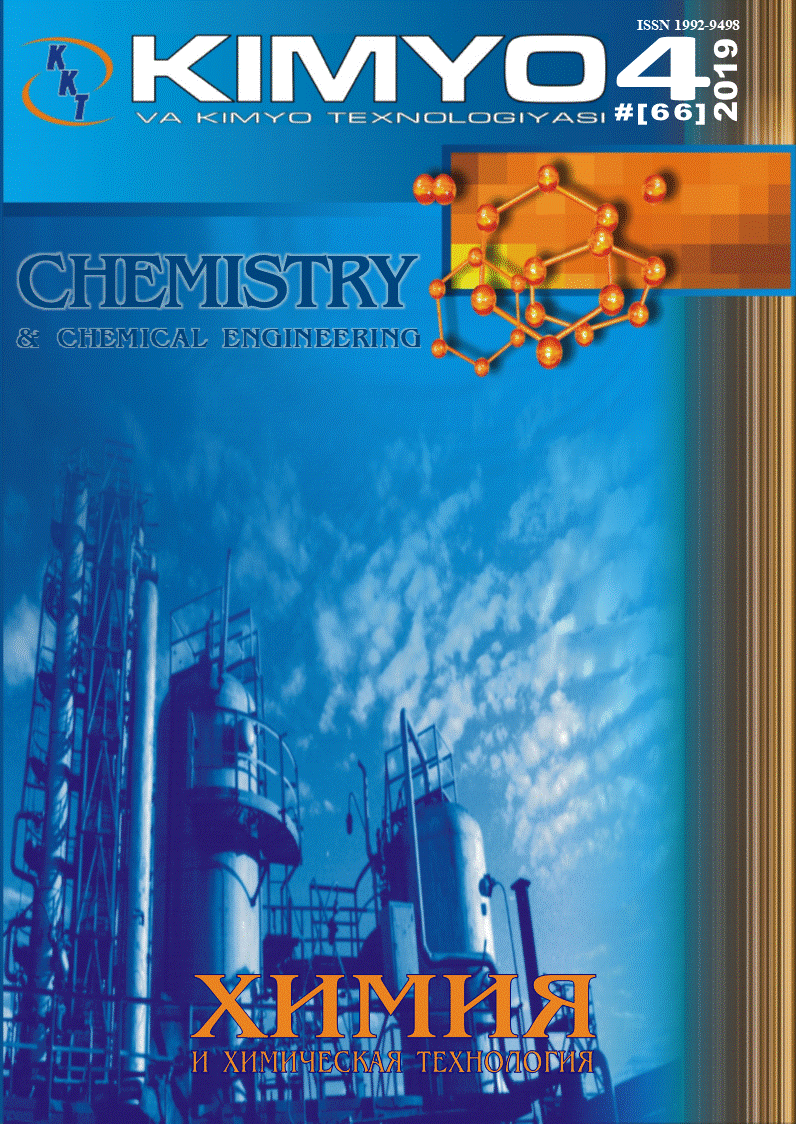
Abstract
Oil and fat industry is one of the important sectors of the food industry. Salomas (Hydrogenated oil) for food and technical purposes are the main components of margarine products, toilet, household soaps, various technological lubricants, cosmetic creams and can be used as valuable chemical raw materials. Objective: ox work is to study the effect of the amount of catalyst on the hydrogenation of cottonseed oil by chromatographic analysis of the resulting salomas. It is confirmed that an increase in the amount of the catalyst from 0.05 to 0.4% increases the melting point of salomas and reduces the iodine number, which confirms the known pattern of hydrogenation. Studies on the hydrogenation of cottonseed oil with various amounts of N-820 catalyst have established the possibility of reducing the content of transisomers of fats to 30.1%, increasing the melting point from 28.2 to 43.2 oC and hardness to 500 g/cm.
Recommended Citation
Dilshod, RAKHIMOV; Akbarali, RUZIBAYEV; Edem, EYUPOV; and Khojiakbar, DADAMUKHAMEDOV
(2020)
"CHROMATOGRAPHIC ANALYSIS OF THE EFFECT OF CATALYST QUANTITIES ON THE HYDROGENIZATION PROCESS,"
CHEMISTRY AND CHEMICAL ENGINEERING: Vol. 2020:
No.
3, Article 13.
DOI: https://doi.org/10.51348/BJRG4650
Available at:
https://cce.researchcommons.org/journal/vol2020/iss3/13
